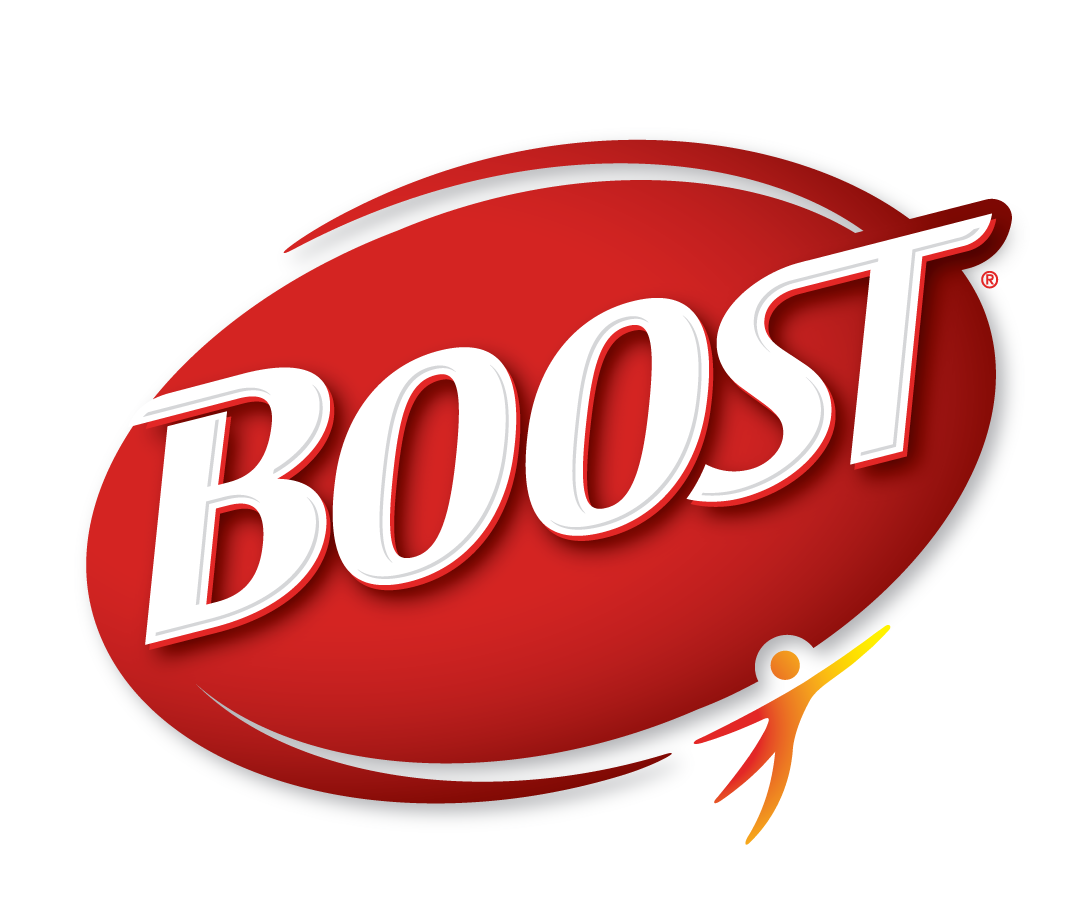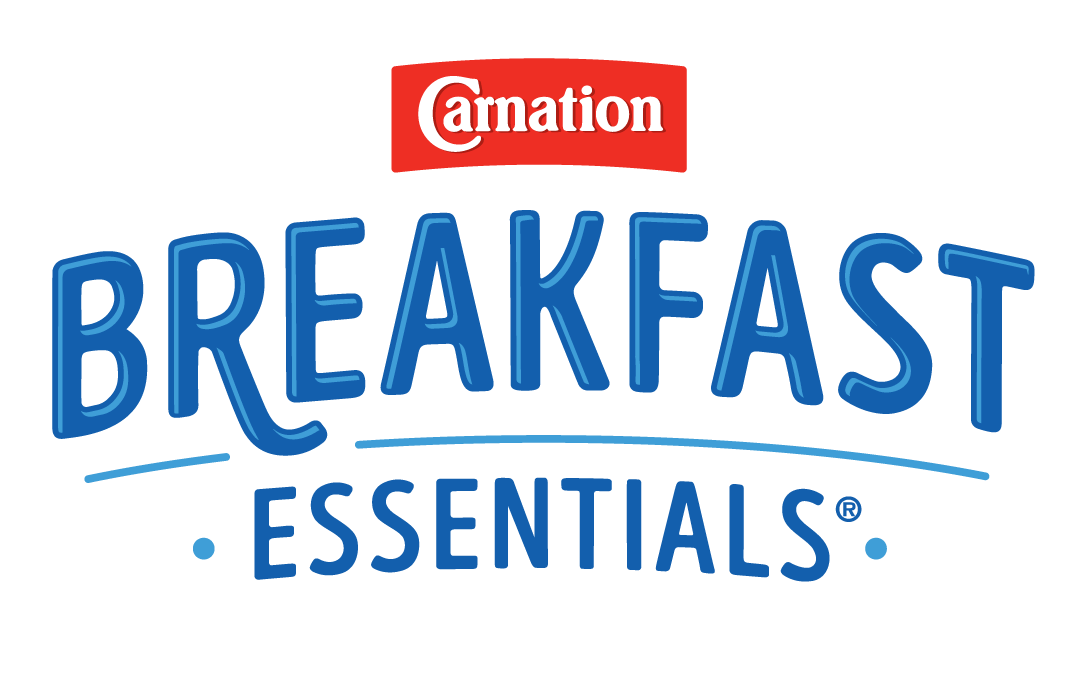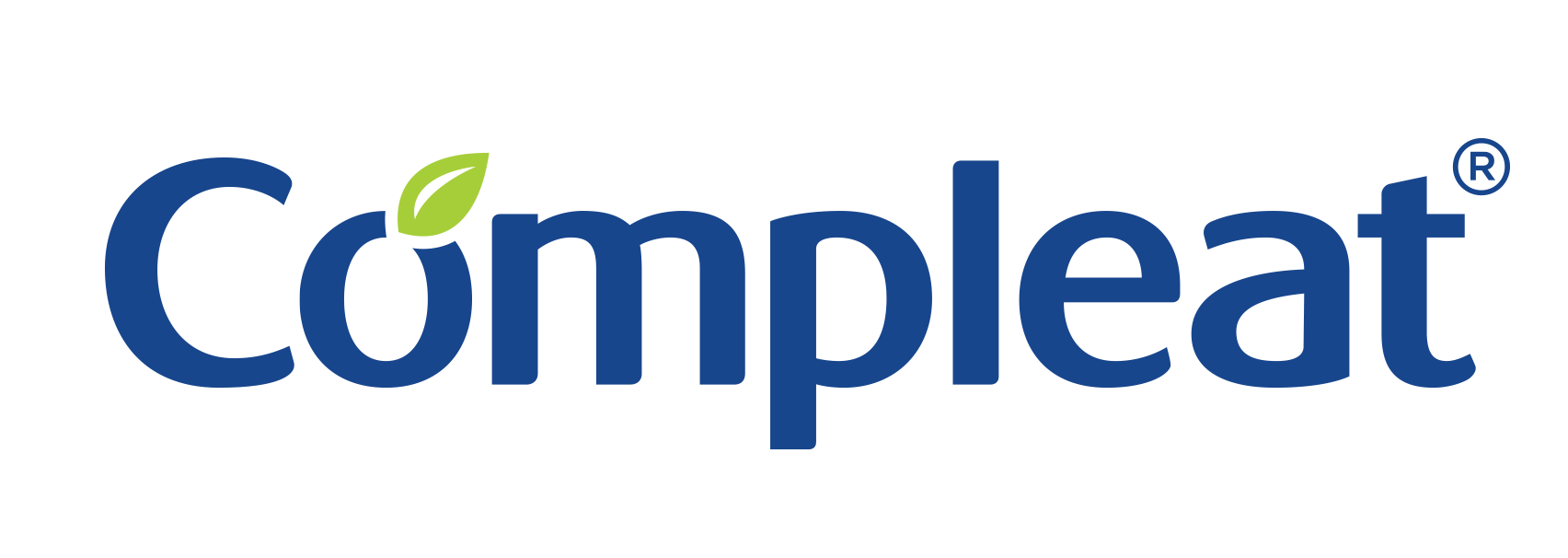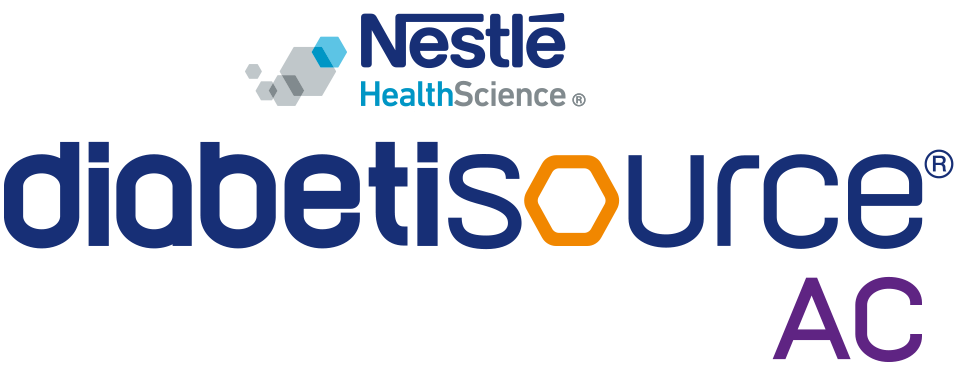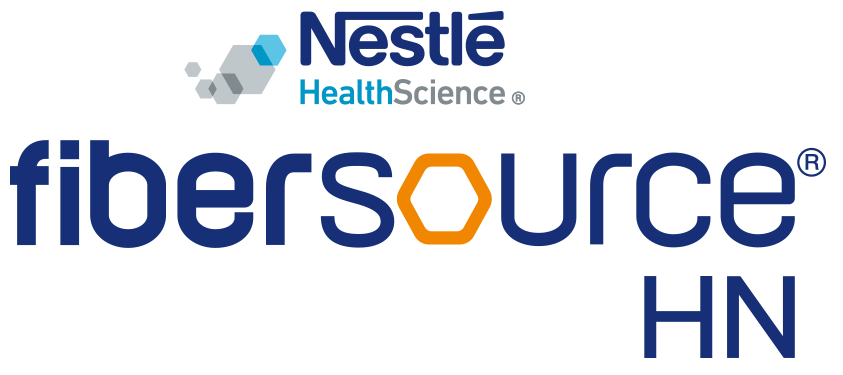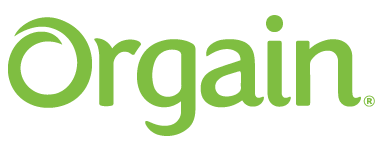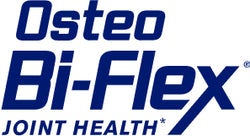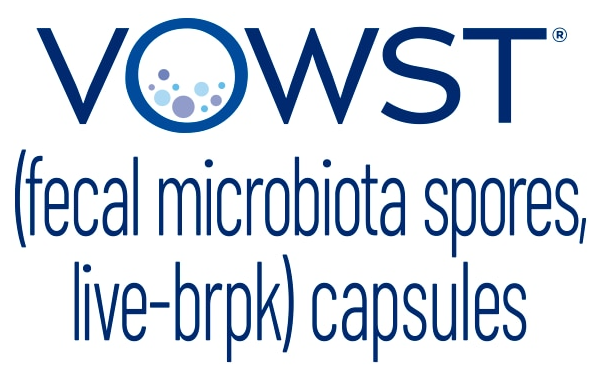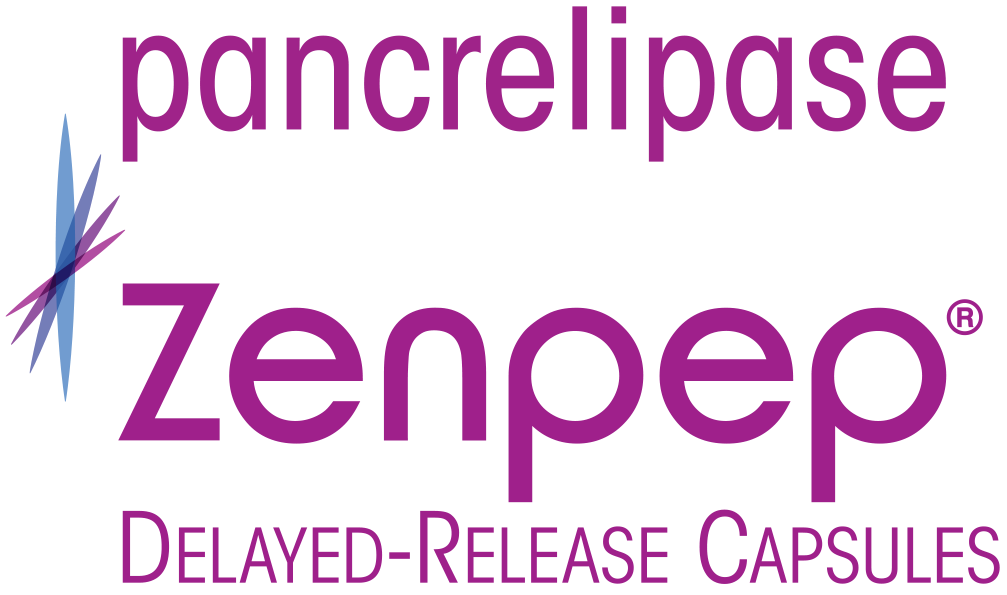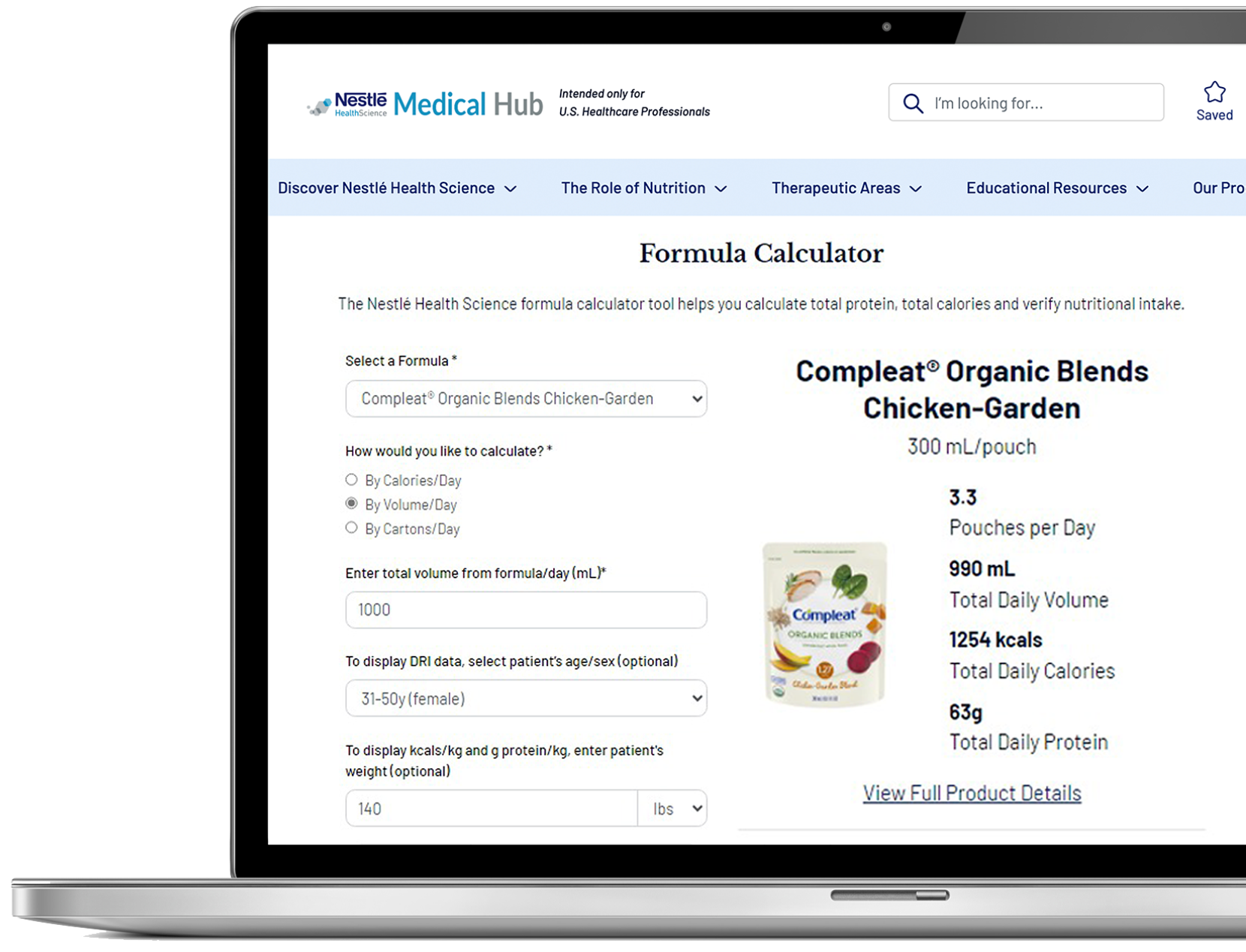QI initiatives can result in measurable, incremental, and ongoing practice improvements based on proven interventions with a target population or process. When applied to nutrition practice, QI can help enhance patient outcomes, support compliance with government mandates and reduce the risk for financial penalties.

Continuous QI enables healthcare providers to systematically make evidence-based process or practice changes that can impact outcomes. QI is based on the recognition that unintended variation in processes can reduce positive outcomes.
ENact® is the Nestlé Health Science commitment to improving nutrition-related outcomes while demonstrating the power of nutrition in the medical setting. Here’s how you can get involved:
Review QI Principles
Initiate a Nutrition QI Project
Downloadable templates, utilizing the PDSA methodology, will support the development of your own nutrition projects.
Review examples of nutrition QI projects for ideas:
Wadas-Enright and King. Early recognition of malnutrition in the older adult: a quality improvement project using a standardized nutritional tool. J Community Health Nurs. 2015;32(1):1-11 Learn More
Hall et al. Implementation of a dietitian-led enteral nutrition support clinic results in quality improvement, reduced readmissions, and cost savings. Nutr Clin Pract. 2014 Oct;29(5):649-55. Learn More
McLymont, Veronica, Cox, Sharon, Stell, Frederick. Improving Patient Meal Satisfaction with Room Service Meal Delivery. Journal of Nursing Care Qualiy. 2003;18(1).
Adopt an ENact QI Project
These sample structured projects provide the framework for QI projects that address potential issues with high risk populations. They can be easily modified to meet your specific goals.









